Cliff Gorman
Credits

Joe Bob's Halloween Hoedown
Actor
Show
2021

Kill the Poor
Actor
Yakov
Movie
2003

King of the Jungle
Actor
Jack
Movie
2000

The '60s
Actor
Show
1999
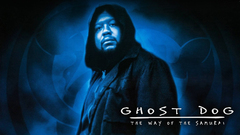
Ghost Dog: The Way of the SamuraiStream
Actor
Sonny Valerio
Movie
1999

Down Came a Blackbird
Actor
Nick the Greek
Movie
1995

Janek: The Silent Betrayal
Actor
Det. Greenburg
Movie
1994

Janek: The Forget-Me-Not Murders
Actor
Aaron
Movie
1994

Terror on Track 9
Actor
Sgt. Aaron Greenberg
Movie
1992

Night and the City
Actor
Phil Nasseros
Movie
1992
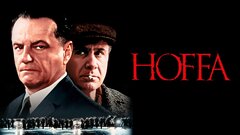
HoffaStream
Actor
Solly Stein
Movie
1992

Law & OrderStream
Guest Star
Series
1990

Murder in Black and White
Actor
Aaron Greenberg
Movie
1990

Murder Times Seven
Actor
Aaron Greenberg
Movie
1990

Howard Beach: Making a Case for Murder
Actor
Bernstein
Movie
1989

L'Affaire Howard Beach
Actor
Movie
1989

Internal Affairs
Actor
Show
1988
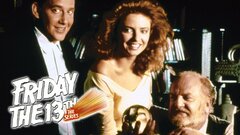
Friday the 13th: The Series
Guest Star
Series
1987

Doubletake
Actor
Aaron Greenberg
Movie
1985

Por Partida Doble
Actor
Movie
1985
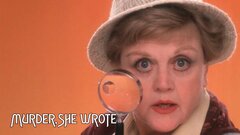
Murder, She WroteStream
Guest Star
NYPD Lt. Parnell
Series
1984
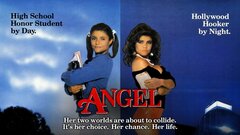
AngelStream
Actor
Lt. Andrews
Movie
1984

Cocaine and Blue Eyes
Actor
Riki Anatole
Movie
1983

The Bunker
Actor
Joseph Goebbels
Movie
1981

Night of the Juggler
Actor
Gus Soltic
Movie
1980

Trapper John, M.D.
Guest Star
Series
1979

All That Jazz
Actor
Davis Newman
Movie
1979
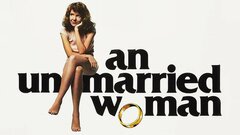
An Unmarried Woman
Actor
Charlie
Movie
1978

Having Babies II
Actor
Arthur Magee
Movie
1977

Brink's: The Great Robbery
Actor
Danny Conforti
Movie
1976

Strike Force
Actor
Detective Joey Gentry
Movie
1975

The Silence
Actor
Stanley Greenberg
Movie
1975

Rosebud
Actor
Yafet Hemlekh
Movie
1975
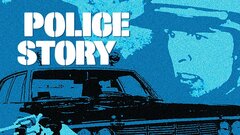
Police StoryStream
Actor
Series
1973
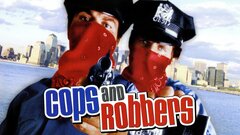
Cops and RobbersStream
Actor
Tom
Movie
1973

Class of '63
Actor
Mickey Swerner
Movie
1973

Flics et Voyous
Actor
Movie
1973

La clase del 63
Actor
Movie
1973
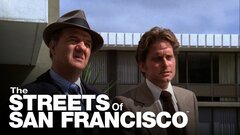
The Streets of San Francisco
Guest Star
Sgt. Eddy Earl Mack
Series
1972
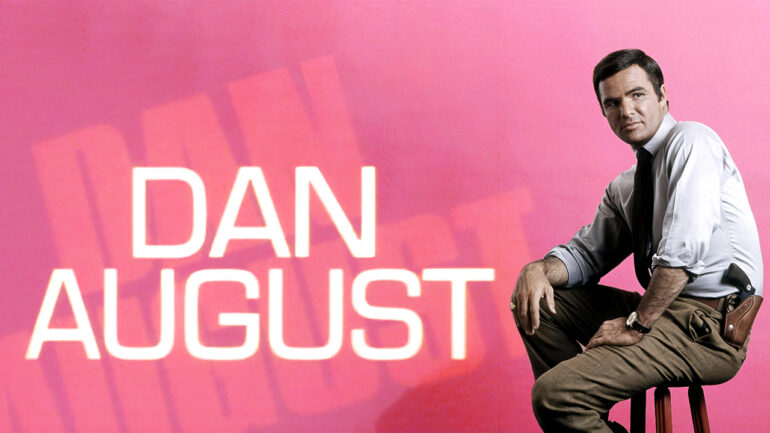
Dan August
Guest Star
John Emerson
Series
1970

The Chicago Conspiracy Trial
Actor
Movie
1970
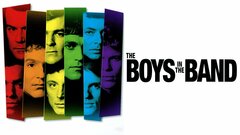
The Boys in the BandStream
Actor
Emory
Movie
1970

Justine
Actor
Toto
Movie
1969

The Dick Cavett ShowStream
Guest
Talk
1968


























